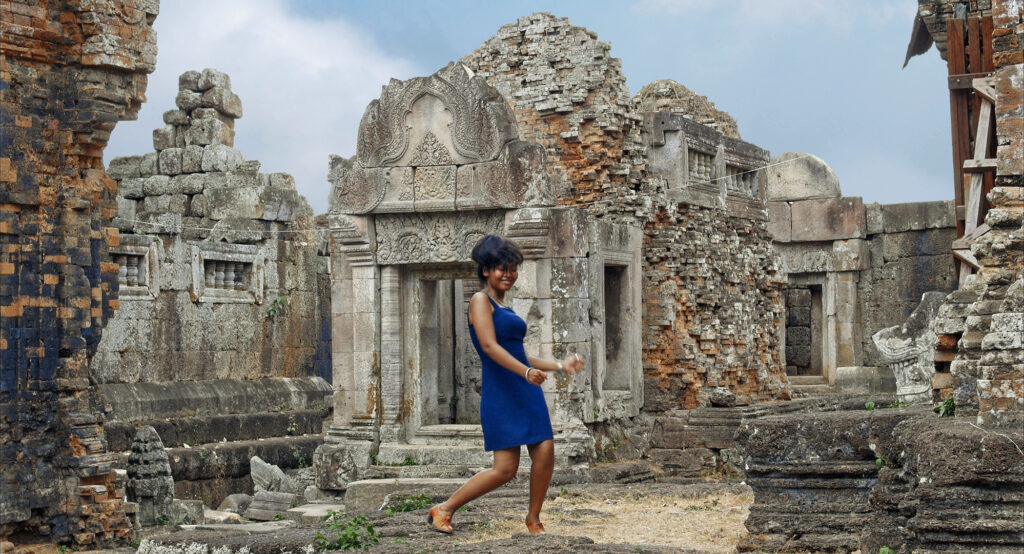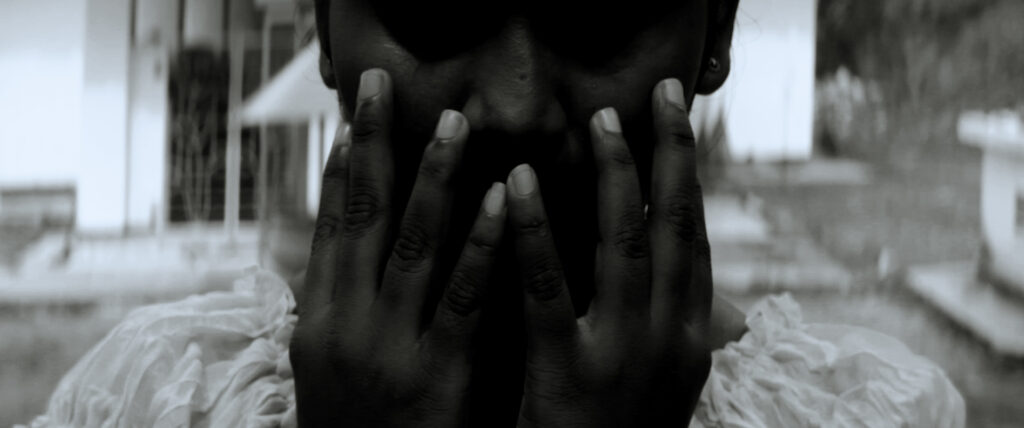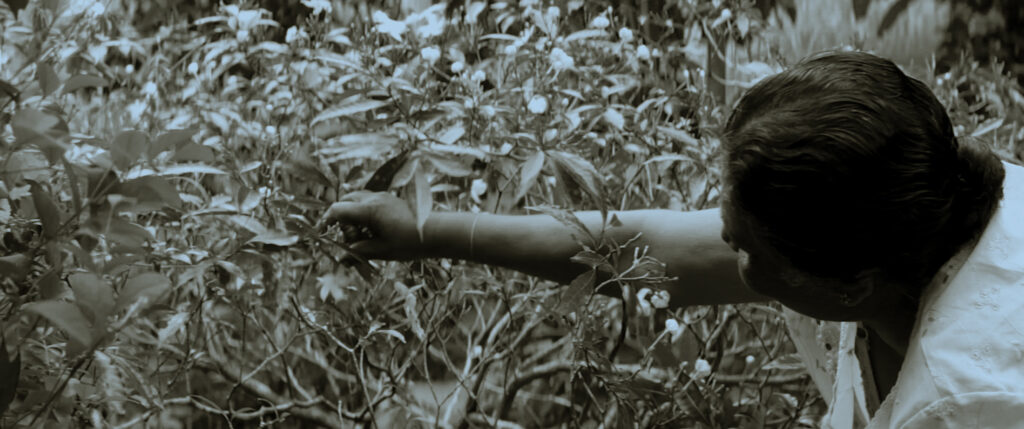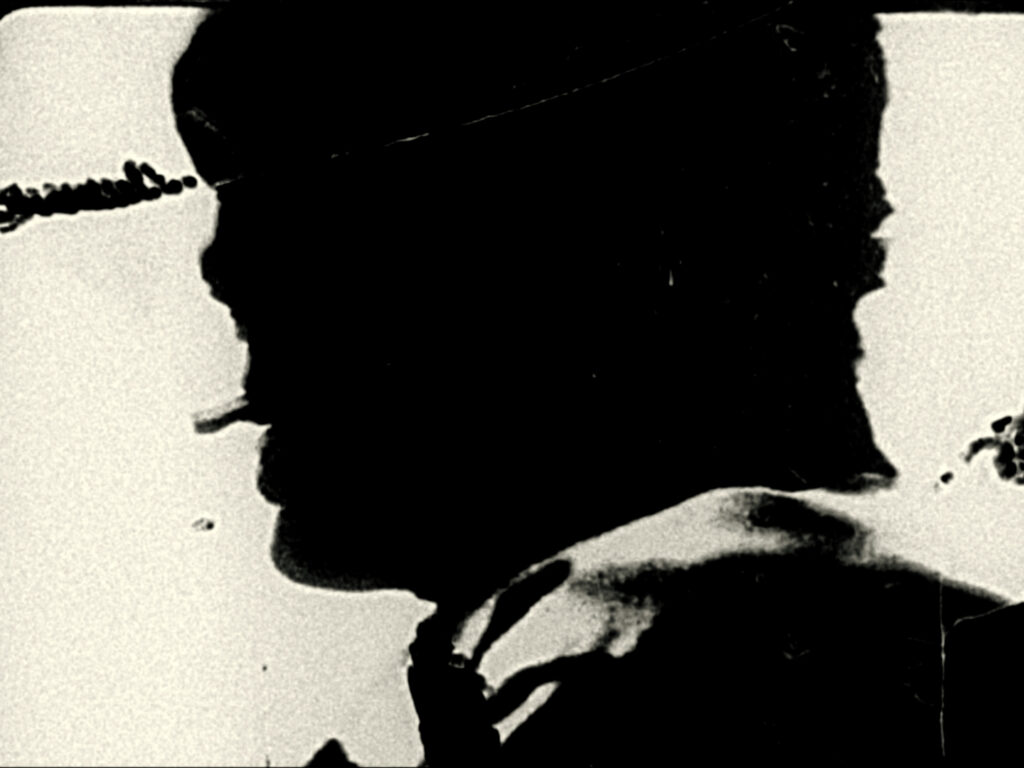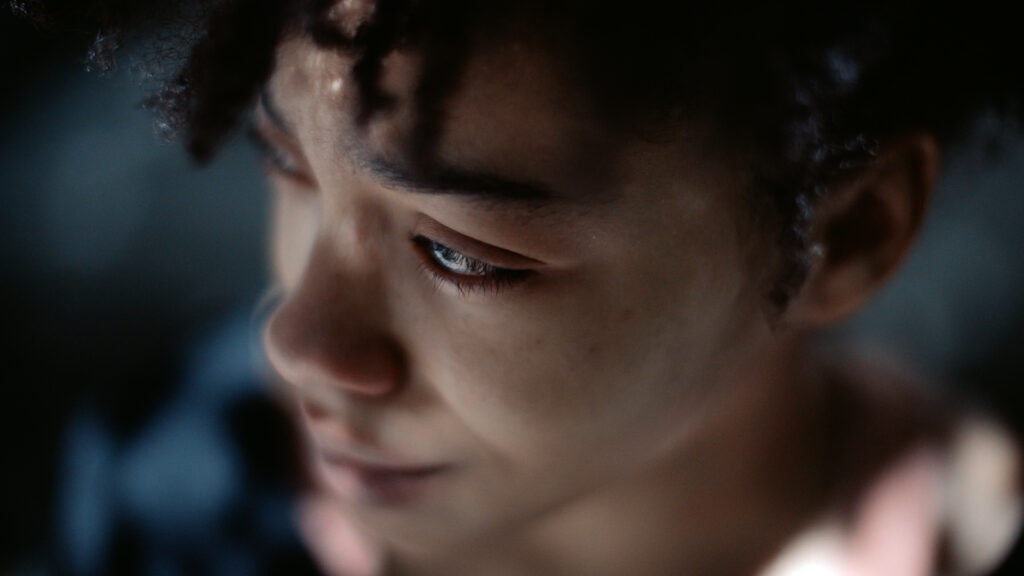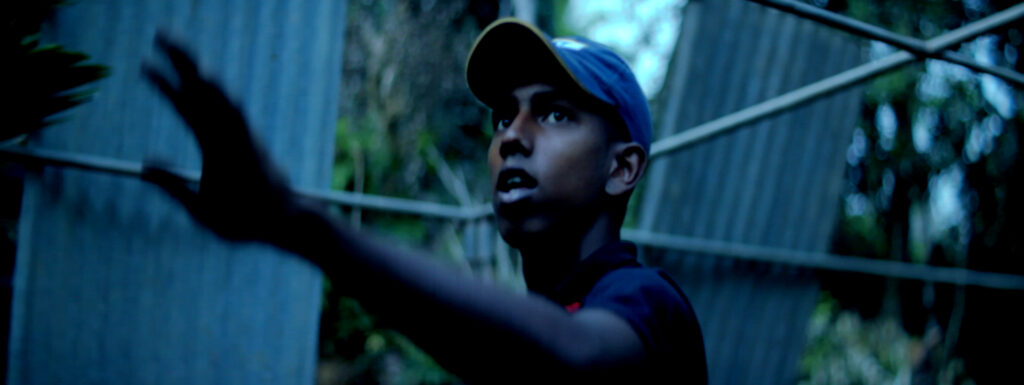Turn Left, Turn Right is a narrative feature following Kanitha (played by artist/filmmaker Kanitha Tith), a free-spirited young woman in Phnom Penh who doesn’t conform to society’s (and her mother’s) expectations. Easily prone to daydreams, Kanitha floats by working at a rock club and at a hotel, riding her motorbike across the city and generally being restless, unsettled and at times self-sabotaging. But this lifestyle is increasingly out of step not only with her mother’s demands, but also with her father’s deteriorating health. When she needs to step in and care for him, engaging with dreams might provide a potential solution to his suffering.
Programmes
In a village in central India, dedicated school teachers put their heart and soul into preparing a group of children for an entrance exam for a Government-run “School of Excellence.” Entrance Exam explores the stakes of the opportunities afforded by this continued, subsidised education for underprivileged children, as well as the many layers of struggle in this intense and surprising journey.
Hailstorm is based in the Narmada valley in central India, an area with extremely low levels of groundwater. Farmers here battle for survival, pitched against the vagaries of climate change. Following the events of a freak hailstorm over four seasons, the film unfolds the vulnerability and precarity of those that are at the sharpest end of global capitalism’s rapacious greed and the furthest from its benefits. —Jemma Desai
Informed by principles of psychogeography and human ecology, this non-verbal film suggests a mournful narrative involving humans and the nocturnal and crepuscular landscapes they inhabit.
Everyday states of being and decay are observed through the infinite scope of the cosmos and the restorative light which emanates from it, driving cinematic and photographic impulses.
The condition of distance, genetic to the ethnographic image, traces the elusive qualities of Samarasinghe’s mother’s past and persona as a woman of partial Chinese heritage.
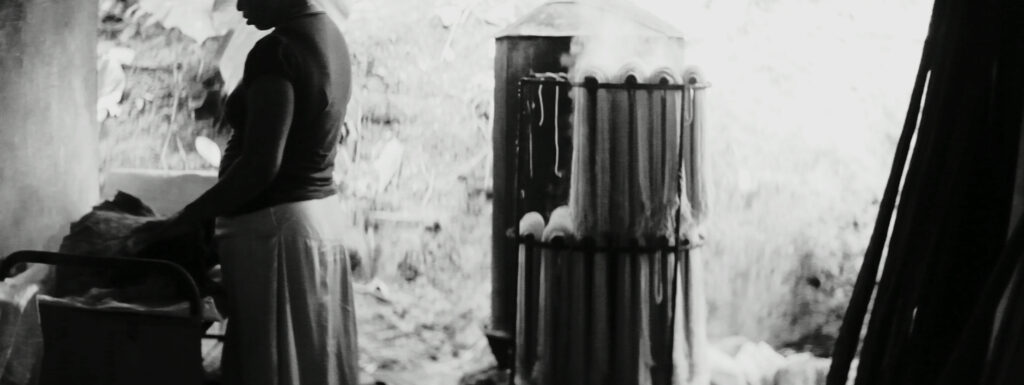
If I Were Any Further Away I’d Be Closer to Home
A silent poem reflecting on the place of the filmmaker’s mother’s birth and her first traces on earth. A generational portrait of South Asian “makers” becomes a perceptual voyage into memory, experience and touch.
Rajee Samarasinghe’s body of work tackles contemporary sociopolitical conditions in Sri Lanka through the scope of his own identity and the deconstruction of ethnographic practices. BFMAF 2021 presents a series of Samarasinghe’s 12 short films shot over a decade—an archive of images navigating the terrain of migration, memory, and impermanence.
This associative stream of visuals, culled from the past, reflect on the roles of art, labor and journalism in contemporary Sri Lanka, facing a dubious future ahead. Memory and ethnographic deconstruction cascade in an obliterated form, forging a dire and prescient assemblage.
At the centre of this film is a Sri Lankan woman accessing other places in digital form, while situated in her own physical reality. Navigating through a multitude of spaces from the natural world to man-made environments as well as virtual planes, traditional relationships between the creator, the tool, and the subject are questioned, shattered and reconstructed.


